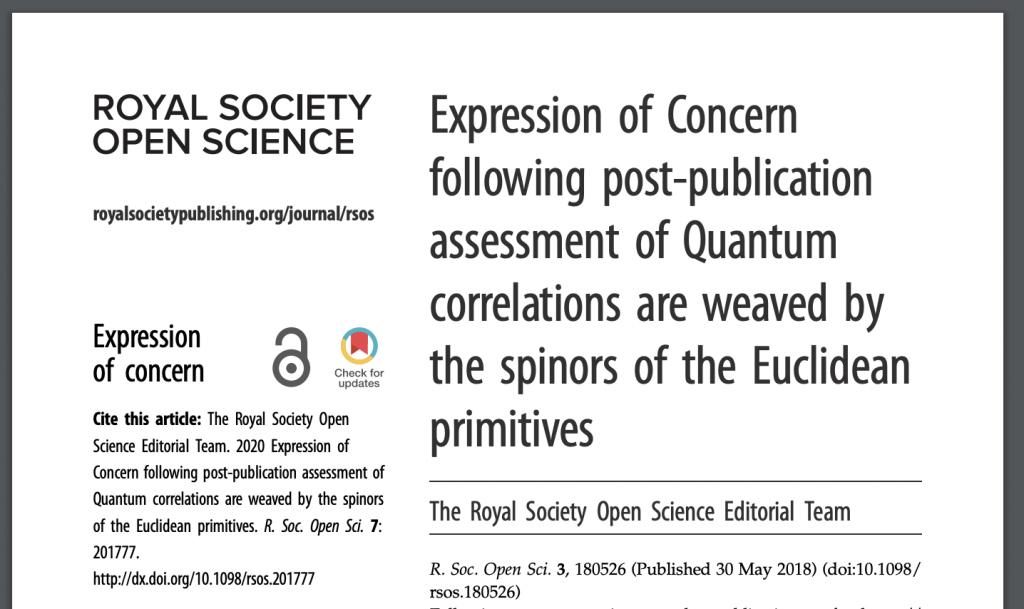A sports medicine journal has retracted a widely circulated 2019 meta-analysis which purported to find that interval training was the “magic bullet” for weight loss, after the analysis proved to be riddled with holes.
The paper, “Is interval training the magic bullet for fat loss? A systematic review and meta-analysis comparing moderate-intensity continuous training with high-intensity interval training (HIIT),” was a collaboration by researchers in Brazil and James Steele, an exercise scientist at the Solent University School of Sport, Health and Social Sciences, in Southampton, England.
Steele has some cred when it comes to research integrity, and part of that cred comes from another retraction. He was part of a team of data sleuths who have called for the retraction of seven papers by Matheus Barbalho, a Brazilian exercise scientist.
Continue reading ‘I dropped the ball’: Magic bullet falls short of target







